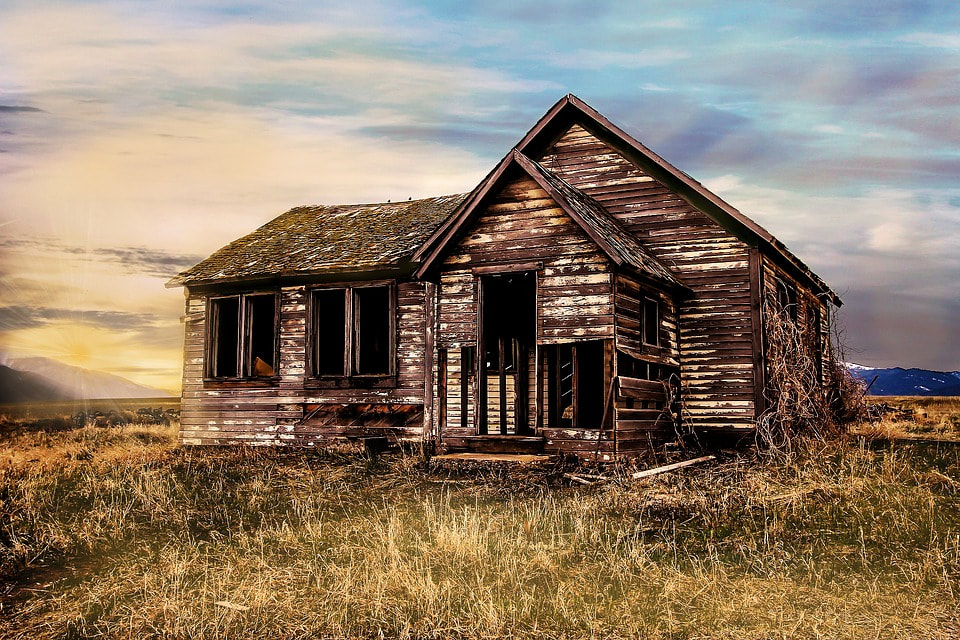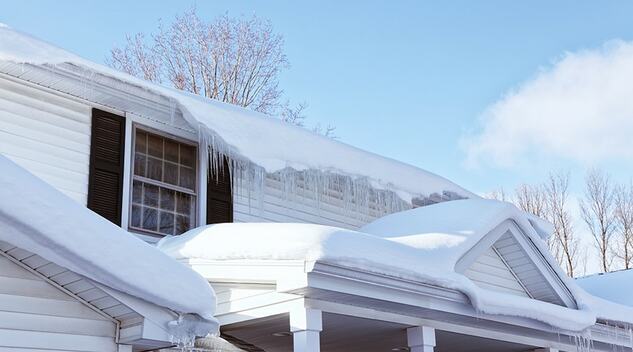|
It occurred to me recently that I’ll never REALLY be satisfied with paying for insurance. Home. Auto. Life. Travel....whatever. I could think of hundreds of things I'd rather spend $3,000 a year on. 1. Buy used Seadoos every year to ride and abandon. 2. Buy new grass each year and never take care of it knowing more is coming next year. 3. Unlimited Ice Cream and Milkshake Budget. 4. Donate it. (had to offer up SOMETHING that wasn't totally self indulgent) This could go on, but I think you see where I'm going here. Insurance is a lot like PROPERTY TAX or AN OIL BILL. I don't WANT to pay it, but it's a requirement if you have a vehicle, or home. So with this in mind, I submit to you a suggestion for improving your feelings about these payments. GET VALUE.Make sure the money you spend is MAXIMIZING your personal enjoyment of this otherwise disappointing expense.It seems that a LOT of people derive the VALUE from knowing they paid the absolute bottom dollar for insurance coverage. They shop for new carriers every year, they don’t mind waiting on hold forever, and they have zero interest in getting to know the people offering that product. THE VALUE FOR THEM is about feeling like they got the VERY LOWEST PRICE AVAILABLE. In today's world.... I TOTALLY get that approach. It keeps the most dollars in your pocket TODAY, and you're rolling the dice on never needing to use it. If you're this type of customer....consider a direct insurer. There are lots of them out there catering exactly to what you're looking for. (TD, UNIFUND aka JOHNSON, Sonnet, etc) The model is setup so that the insurers save costs on selling it (using call centers) and then pass some of those savings to the customer through lower premiums. ALL UPSIDE right? Not necessarily. There's usually a TRADE OFF.When you buy direct from an insurer, you're opting to represent yourself in all dealings with that provider. A broker's job is to advocate for their client in a claim. So by removing the broker from the equation you're forfeiting that extra layer of protection/advice you could be getting. No different than buying a home without a realtor. Super idea until you find out the house is built on a swamp. Since you're actually risking more to buy direct it makes sense the price should be lower. If you have a claim that goes sideways hopefully you've banked some of that money you've saved on premiums to hire a lawyer. You forfeit the right to complain if you declined a coverage to save money, or don't feel well represented in a claim situation. You shouldn't troll the TD social media accounts about how BAD THEY ARE AFTER A CLAIM IS DENIED. *Although I should admit I enjoy reading those. If lowest price was the only thing people VALUED the market would be FLOODED with Kirkland Basketball Shoes and Big 8 Jeans...yet I can't find Big 8 Jeans anywhere. VALUE can be lots of things... |
Categories
All
Archives
January 2024
|
|
|
|






 RSS Feed
RSS Feed


